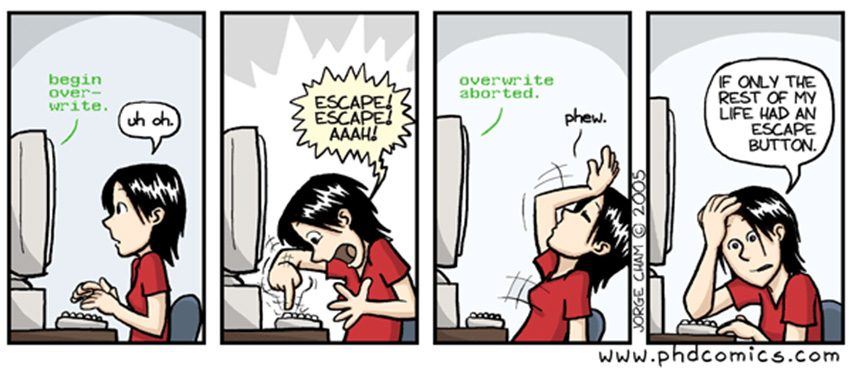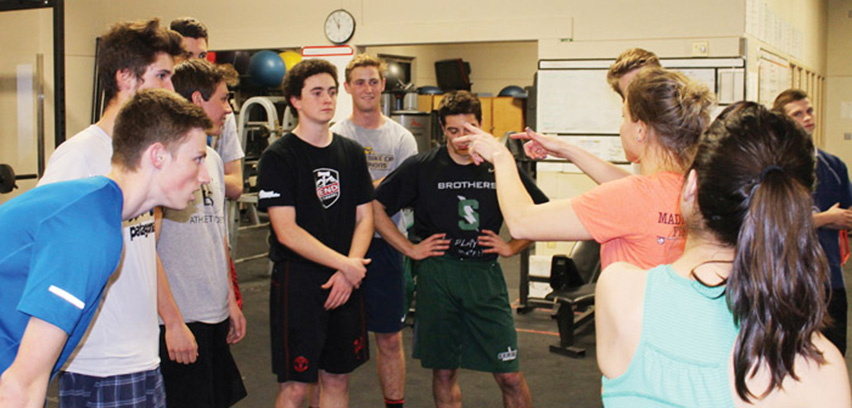The fate of PhD projects: Efficiency of social sciences subsidies
Eenderde van het Nederlandse promotieonderzoek wordt gefinancierd vanuit NWO. Het rendement hiervan is tot nu echter niet bekend. Rens van de Schoot, Hans Sonneveld en Ditte Lockhorst onderzochten de afloop van promotieprojecten bij de gedrags- en maatschappijwetenschappen.
Directly evaluating expectations or testing the null hypothesis? Null hypothesis testing versus Bayesian model selection
Researchers in psychology have specific expectations about their theories. These are called informative hypothesis because they contain information about reality. Note that these hypotheses are not necessarily the same as the traditional null and alternative hypothesis.
Testing informative hypotheses in SEM increases power: An illustration contrasting classical hypothesis testing with a parametric bootstrap approach
In the present paper, the application of a parametric bootstrap procedure, as described by van de Schoot, Hoijtink, and Deković (2010), will be applied to demonstrate that a direct test of an informative hypothesis offers more informative results compared to testing traditional null hypotheses against catch-all rivals.
Moving beyond traditional null hypothesis testing: evaluating expectations directly
This mini-review illustrates that testing the traditional null hypothesis is not always the appropriate strategy. Half in jest, we discuss Aristotle’s scientific investigations into the shape of the earth in the context of evaluating the traditional null hypothesis.
Evaluating expectations about negative emotional states of aggressive boys using Bayesian model selection
Researchers often have expectations about the research outcomes in regard to inequality constraints between, e.g., group means. Consider the example of researchers who investigated the effects of inducing a negative emotional state in aggressive boys.
Can at-risk young adolescents be popular and anti-social? Sociometric status groups, anti-social behavior, gender and ethnic background
This study aimed to extend the understanding of anti-social behaviour and its association with popularity and sociometric status in a sample of at-risk adolescents from diverse ethnic backgrounds (n = 1491, average age 14.7 years).
Testing inequality constrained hypotheses in SEM Models
Researchers often have expectations that can be expressed in the form of inequality constraints among the parameters of a structural equation model. It is currently not possible to test these so-called informative hypotheses in structural equation modeling software.



